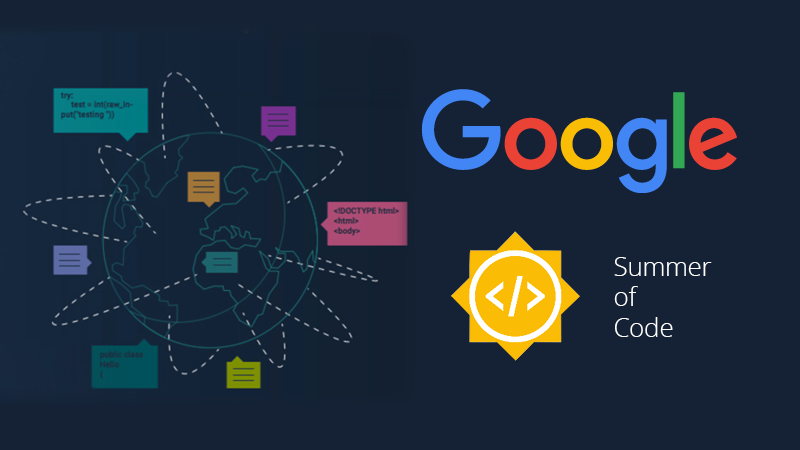Past August 2024, Authy stopped supported the desktop version of their apps:
See Authy is shutting down its desktop app | The 2FA app Authy will only be available on Android and iOS starting in August for details.
And indeed, after a while, Authy changed something in their backend which now prevents the old desktop app from logging in. If you are already logged in, then you are in luck, and you can follow the instructions below to export your tokens.
If you are not logged in anymore, but can find a backup of the necessary files, then restore those files, and re-install Authy 2.2.3 following the instructions below, and it should work as expected.
I screwed up using git ("git checkout --" on the wrong file) and managed to delete the code I had just written... but it was still running in a process in a docker container. Here's how I got it back, using https://pypi.python.org/pypi/pyrasite/ and https://pypi.python.org/pypi/uncompyle6
apt-get update && apt-get install gdb
| function isElementInViewport (el) { | |
| //special bonus for those using jQuery | |
| if (typeof jQuery === "function" && el instanceof jQuery) { | |
| el = el[0]; | |
| } | |
| var rect = el.getBoundingClientRect(); | |
| return ( |
| var Xpath = {}; | |
| // ********************************************************************************************* // | |
| // XPATH | |
| /** | |
| * Gets an XPath for an element which describes its hierarchical location. | |
| */ | |
| Xpath.getElementXPath = function(element) | |
| { |
| filter { | |
| grok { | |
| match => ["message", "%{YEAR:year}-%{MONTHNUM:month}-%{MONTHDAY:day}[ \t]%{TIME:time}[ \t]%{DATA:x_edge_location}[ \t](?:%{NUMBER:sc_bytes}|-)[ \t]%{IP:c_ip}[ \t]%{WORD:cs_method}[ \t]%{HOSTNAME:cs_host}[ \t]%{NOTSPACE:cs_uri_stem}[ \t]%{NUMBER:sc_status}[ \t]%{GREEDYDATA:referrer}[ \t]%{NOTSPACE:user_agent}[ \t]%{GREEDYDATA:cs_uri_query}[ \t]%{NOTSPACE:cookie}[ \t]%{WORD:x_edge_result_type}[ \t]%{NOTSPACE:x_edge_request_id}[ \t]%{HOSTNAME:x_host_header}[ \t]%{URIPROTO:cs_protocol}[ \t]%{INT:cs_bytes}[ \t]%{NUMBER:time_taken}[ \t]%{NOTSPACE:x_forwarded_for}[ \t]%{NOTSPACE:ssl_protocol}[ \t]%{NOTSPACE:ssl_cipher}[ \t]%{NOTSPACE:x_edge_response_result_type}([ \t])?(%{NOTSPACE:cs_protocol_version})?"] | |
| } | |
| geoip { | |
| source => "c_ip" | |
| } | |
| mutate { | |
| add_field => ["listener_timestamp", "%{year}-%{month}-%{day} %{time}"] | |
| convert => { |
| from IPython.core.magic import Magics, magics_class, line_magic | |
| import asyncio | |
| @magics_class | |
| class AsyncMagics(Magics): | |
| @line_magic | |
| def await(self, line): | |
| return asyncio.get_event_loop().run_until_complete(eval(line, self.shell.user_global_ns, self.shell.user_ns)) |
| # Ask for the user password | |
| # Script only works if sudo caches the password for a few minutes | |
| sudo true | |
| # Install kernel extra's to enable docker aufs support | |
| # sudo apt-get -y install linux-image-extra-$(uname -r) | |
| # Add Docker PPA and install latest version | |
| # sudo apt-key adv --keyserver hkp://keyserver.ubuntu.com:80 --recv-keys 36A1D7869245C8950F966E92D8576A8BA88D21E9 | |
| # sudo sh -c "echo deb https://get.docker.io/ubuntu docker main > /etc/apt/sources.list.d/docker.list" |
